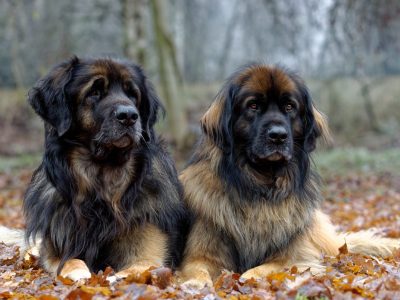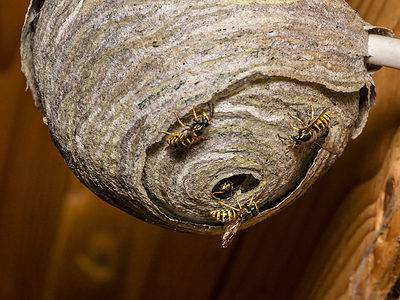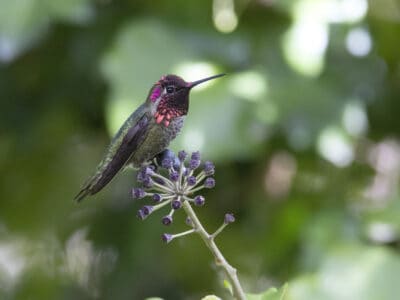Maltese Mix
Canis lupis
There are over 10 types of Maltese mixes that are popular with families around the world.
Advertisement
Maltese Mix Scientific Classification
- Kingdom
- Animalia
- Phylum
- Chordata
- Class
- Mammalia
- Order
- Carnivora
- Family
- Canidae
- Genus
- Canis
- Scientific Name
- Canis lupis
Read our Complete Guide to Classification of Animals.
Maltese Mix Conservation Status
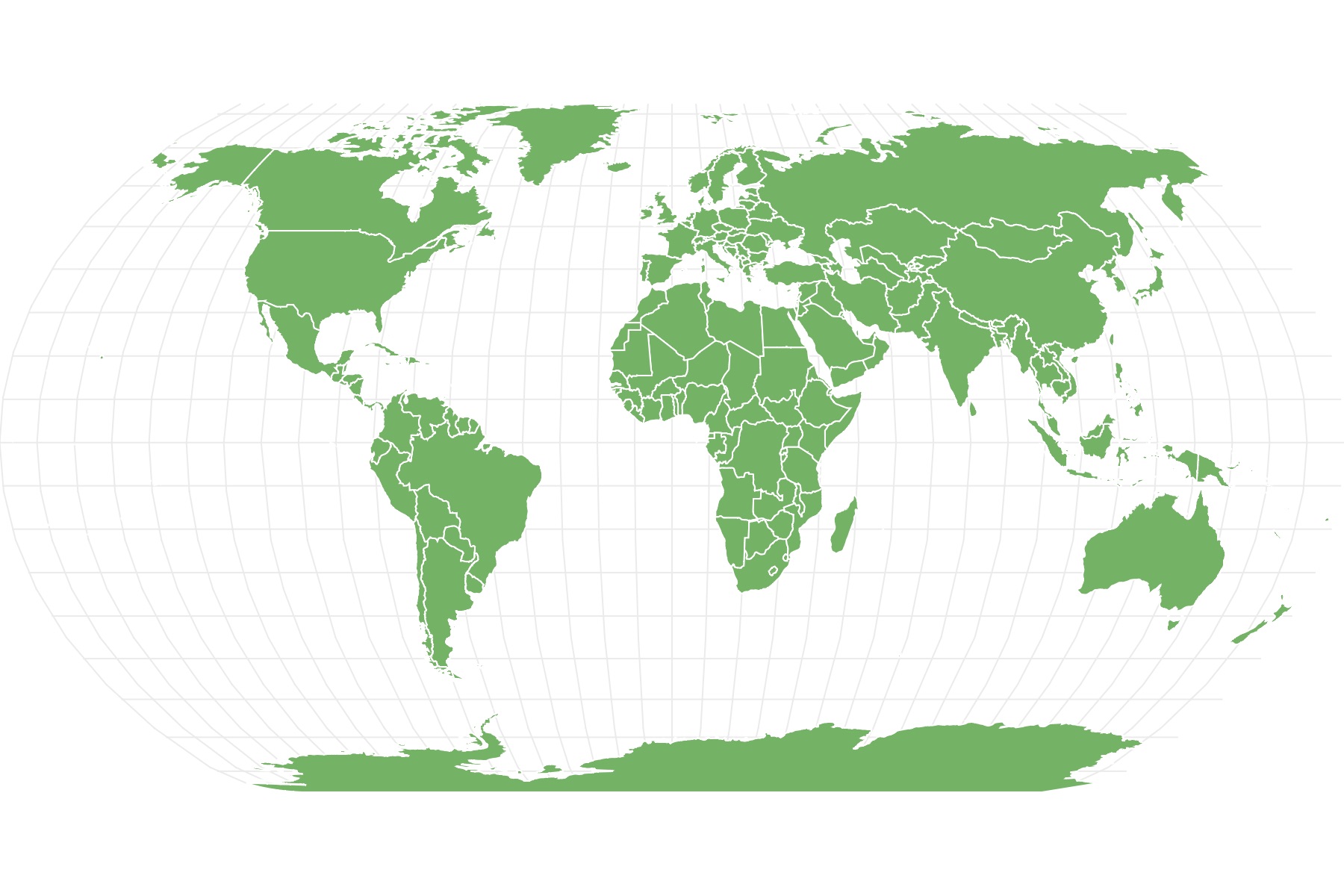
Maltese Mix Facts
- Name Of Young
- Puppies
- Fun Fact
- There are over 10 types of Maltese mixes that are popular with families around the world.
View all of the Maltese Mix images!
The Maltese mix is a toy breed known for its affectionate, playful, and loyal temperament. They are excellent companion dogs and are perfect for indoor lifestyles! Their small size and charming personality make them perfect family dogs, especially for those who live in small homes or apartments. The breed is part of the toy group of dogs and historically can even be found in ancient Greek and Roman art! The Maltese mix is a lovely breed of dog that has been providing companionship to people for thousands of years.
Fun Facts
- The Maltese breed originated in Malta, hence its name, and has existed for around 2,800 years.
- They were popular lap dogs among royalty. No wonder these adorable dogs look like princes and princesses!
- Interestingly, these small dogs actually make great guard dogs despite their small size! They are brave, alert, and loyal – great guard dog material.
The Different Types of Maltese Mixes
Maltipoo (Poodle x Maltese Mix)

Maltipoos can be great pets for families.
©Rita Petcu/Shutterstock.com
The Maltipoo is an extremely popular breed that has the best qualities of both Poodles and Malteses. They are gentle, playful, and extremely intelligent. They make great companions for anyone looking for a best friend! The average Maltipoo weighs between 5 to 20 pounds making them a great small-sized dog. Not only will they make great pets, but they shed very little to none, so they can be a great option if fur irritates you!
Malchi (Chihuahua x Maltese Mix)
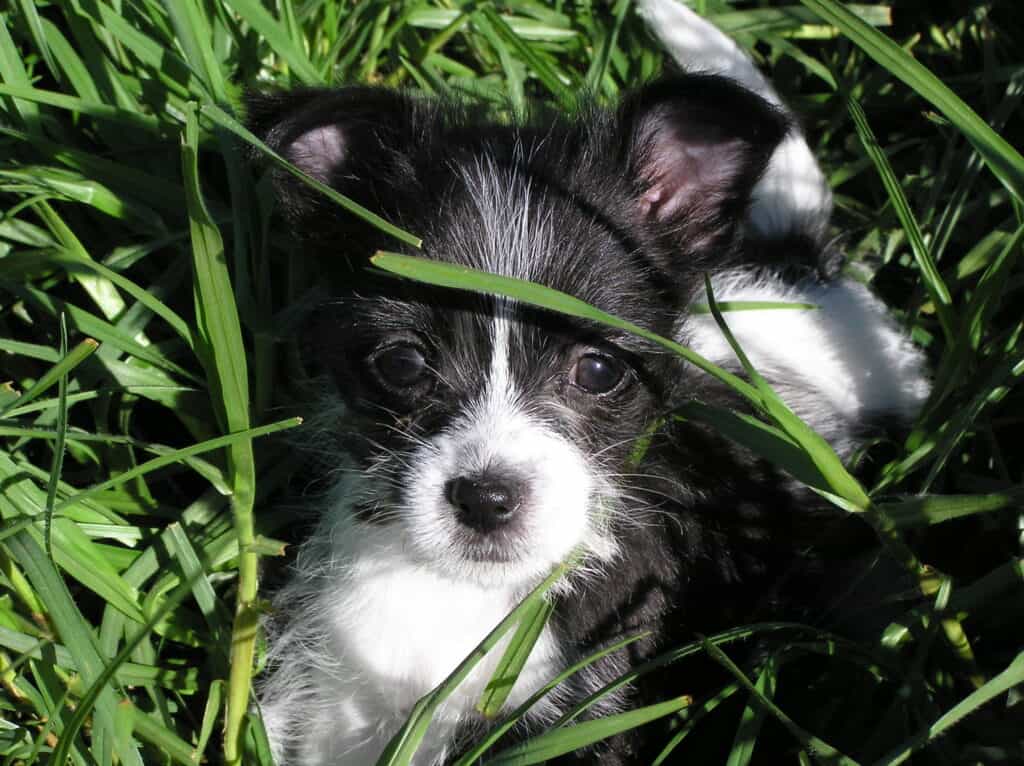
The Malchi is a rambunctious, energetic, extremely loving, and caring little dog.
©Susan Thompson/Shutterstock.com
The Malchi is a small breed that is gentle, affectionate, and playful. Even though these adorable dogs are small, they have big personalities, so be prepared to spoil them! The Malchi can become quite protective or aggressive if not socialized and would do great in a home that is quiet and slower-paced. The average Malchi weighs between 5 to 12 pounds – small enough to carry around everywhere – a proper purse dog!
Malshi (Shih Tzu x Maltese Mix)

The Mal Shi is a cross between the Maltese and
Shih Tzu
. They are an adorable breed that is extremely loyal and the ultimate lap dog.
©PHATCHARADA DUEANDAO/Shutterstock.com
The Malshi is a designer breed of dog that is cuddly, energetic, and affectionate. These dogs love attention and get on with everything and everyone if socialized properly. These dogs average around 10 inches tall and weigh between 6 and 12 pounds. Even though the Malshi is small, these dogs can be quite noisy, so they may not be great for apartment living.
Morkie (Yorkshire Terrier x Maltese Mix)

Even though the Morkie is small, they can be very stubborn due to the
Yorkshire Terrier
in them!
©shymar27/Shutterstock.com
Morkies are small, energetic, and attention-seeking. These little dogs are great for small or single-person households! The Morkie averages between 7 to 13 pounds in weight when fully grown and between 4 to 8 inches in height at the shoulder. Even though the Morkie is small, they can be very stubborn due to the Yorkshire Terrier in them! However, these dogs also make great watchdogs and are extremely loyal.
Here are some other types of Maltese mixes:
- Malteagle (Beagle x Maltese Mix)
- Cavamalt (Cavalier King Charles Spaniel x Maltese Mix)
- Silky Cocker (Cocker Spaniel x Maltese Mix)
- Maudie (Dachshund x Maltese Mix)
- Havamalt (Havanese x Maltese Mix)
- Malti Pin (Miniature Pinscher x Maltese Mix)
- Mauzer (Miniature Schnauzer x Maltese Mix)
- Papitese (Papillon x Maltese Mix)
- Peke-A-Tese (Pekingese x Maltese Mix)
- Maltichon (Bichon x Maltese Mix)
The Best Dog Food For Maltese Mixes
The Maltese mix is a small and relatively low energy dog, which means they do not need to eat a large amount of food in order to maintain a healthy weight. Most adult Maltese mixes will require between ¼ to ¾ cups of dry dog food per day, divided into two to three smaller meals. It is important to remember that each Maltese mix will require different amounts depending on their age, weight, activity level, and overall health.
When choosing a food for your Maltese mix, it is crucial to look at options that are specifically designed for small breeds and toy dogs. These foods are generally made with smaller kibble sizes and higher nutrient densities to meet the unique nutritional needs of smaller dogs. If you are ever unsure, it is always best to consult your veterinarian. They will know exactly what type of food and how much to feed to keep your Maltese mix happy and healthy.
Maltese mixes are prone to several health problems related to their diet, so when looking at your food options, it is important to avoid foods with high carbohydrates and sugars or food that contains an excessively high amount of certain minerals like struvite and calcium oxalate.
With all this information to keep in mind, we recommend Blue Buffalo Life Protection Formula for Small Breed Dogs.
This small-dog-specific food features deboned chicken as the first ingredient! It comprises many omega-fatty-acid-rich ingredients for your dog’s skin and coat health, as well as a variety of vitamins, minerals, and probiotics. As an added bonus for fussy Maltese mixes, they will find this food delicious!
Owning a Maltese Mix: 3 Pros and Cons
| Pros! | Cons! |
| Little to no shedding!Maltese mixes are great for those that suffer from allergies, as these breeds generally have little to no shedding! | Need socializingMaltese mixes need to be socialized at a young age to get along with everything and everyone. Socialization is key for Maltese mixes to have great lives and personalities. |
| One of the smallest breedsMaltese mixes are generally small and easy to pick up! This means you won’t hurt your back trying to get a cuddle! | Need groomingEven though Maltese mixes hardly shed, their coats do need to be looked after. Many will require regular brushing, and some may require regular trimming as well! |
| Lively, playful, and affectionate!These little dogs have huge personalities and love being the center of attention! It will be hard to feel lonely or alone when you’ve got one of these adorable dogs with you. | Separation anxietyMaltese mixes are more susceptible to separation anxiety as they can become extremely attached to their owners. They do not do well left alone, so they will suit a home where someone is there to accompany them. |
Size and Weight
Given that there are many different Maltese mix combinations, the average size and weight of a Maltese mix vary a lot. Generally, these dogs can weigh anywhere between 4 and 15 pounds when fully grown and between 6 and 12 inches tall. As usual, the males are larger than their female counterparts.
| Height (Male) | 8 to 14” tall |
| Height (Female) | 6 to 12” tall |
| Weight (male) | 5 to 15 pounds |
| Weight (female) | 4 to 13 pounds |
Common Health Issues
Maltese mixes, although generally healthy, may be prone to a few specific health issues. One common health issue that Maltese mixes can get is luxating patella. Luxating patella is common in small breed dogs, and it refers to a health issue where one or both kneecaps pop in and out of place. This can cause the dog to favor one leg over another and can predispose the dog to a cruciate injury and arthritis.
Heart abnormalities are another common health issue Maltese mixes can have. Heart failure signs include difficulty breathing, exercise intolerance, and stunted growth.
Dental disease is common in Maltese mixes due to their small mouths and crowded teeth. Make sure to check your Maltese mix’s teeth regularly and visit the vet at least once a year to check your pooch’s dental health.
Allergies in Maltese mixes are fairly common and can easily be identified. Common signs include itchiness, redness, and chewing feet – if your dog has these symptoms, visit a vet!
Another common health issue for Maltese mixes is pancreatitis. Pancreatitis is an inflammatory reaction of the pancreas. Signs include abdominal pain, inappetence, and vomiting. If your dog shows these signs, take your dog to the vet immediately!
Obesity is another common health issue in Maltese mixes. Obesity can cause many other health issues in dogs, so it is important to maintain your dog at a healthy weight. A helpful tip – don’t feed your dog your own food!
Lastly, bladder stones are common in these dogs. Bladder stones are rock-like formations that develop in the urinary bladder. Signs of your dog having bladder stones include blood in the urine and straining to urinate.
To summarize, here are some of the most common health issues that are found in Maltese mixes:
- Luxating patella
- Heart abnormalities
- Dental disease
- Allergies
- Pancreatitis
- Obesity
- Bladder stones
Temperament and Behavior
They are known for their friendly, affectionate, and lively personality. This dog is often described as having playful social behaviors and being eager to please their owners. They enjoy human company and love to be included in family activities. Maltese mixes are generally good with children and other pets. However, they may require supervision around very young children due to their small size.
They are intelligent, trainable, and respond well to positive reinforcement training. Some may be prone to separation anxiety if they are left alone for extended periods of time, so it is important to provide plenty of mental stimulation and social interaction when you can.
How to Take Care of a Maltese Mix
Caring for them involves a lot of considerations to ensure their health and well-being. As puppies, they require extra attention to socialization, training, and toilet training. Because they are prone to some health problems, it is crucial to provide regular visits to your veterinarian for checkups. You should also provide a healthy and nutritious diet, plenty of exercise, and mental stimulation. Most importantly, committing to providing a lifetime of love and care for your dog is key!
Maintenance And Grooming
They require regular grooming to maintain their long silky coats. They should be brushed every day to prevent matting and tangling of the fur and bathed every 4 to 6 weeks. Regular trimming of the hair around their eyes, ears, and paws is important to keep these areas clean and to prevent infections. Some Maltese mixes may be prone to skin allergies or skin conditions, so it is important to keep their skin clean and dry.
How much do Maltese mixes shed?
They are considered low-shedding dogs. However, they are not considered hypoallergenic. Their long silky fur has no undercoat, making them much less likely to shed than other dog breeds.
Training
They are intelligent and generally easy to train. However, when mixed with other breeds, such as the Yorkshire Terrier, your Maltese mix may be more stubborn and harder to train. Other Maltese mixes, such as the Maltipoo, are very trainable and comparable to the Poodle breed!
Exercise
They are energetic dogs and require regular exercise. Generally, two walks a day will meet their physical requirements. Two walks of around 20-30 minutes per day will keep your dog happy. Because they are extremely playful, it is vital to have playtime with these dogs as well! Fetch, tug, and other games will not only strengthen your relationship with the dog, but they will also strengthen the dog’s body and mind!
Puppies
When it comes to puppies, you have to keep their tiny size in mind! These puppies are so small they are easy to step on, so make sure to keep an eye out!
Maltese Mix And Children
They are perfect for families with children and will make a valuable companion. Be careful when very young children are around, though, as the dog’s small size can make it prone to injury if handled too roughly.
Popular Names
- Bella
- Teddy
- Charlie
- Snowy
- Riley
Maltese Mix FAQs (Frequently Asked Questions)
How much does a Maltese mix cost to own?
The cost of a Maltese mix greatly depends on the breed the dog is crossed with. The Maltipoo, for example, can cost anywhere between $600 and $4,000.
Are Maltese mixes good with kids?
Maltese mixes are great with kids as they are generally playful and patient.
How long do Maltese mixes live?
Although the lifespan of the Maltese mix depends on the breed it is mixed with, generally, they will live around 12-15 years.
Are Maltese mixes hypoallergenic?
While they do not shed much, they can still produce dander which can trigger allergies in some people.
Thank you for reading! Have some feedback for us? Contact the AZ Animals editorial team.






